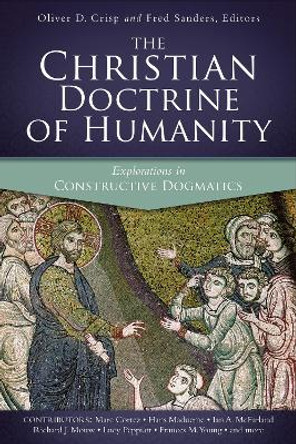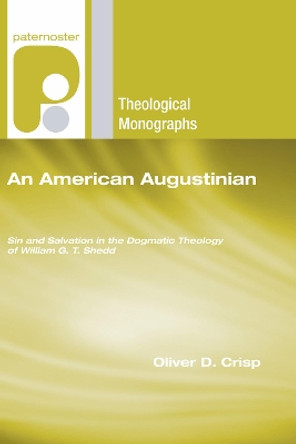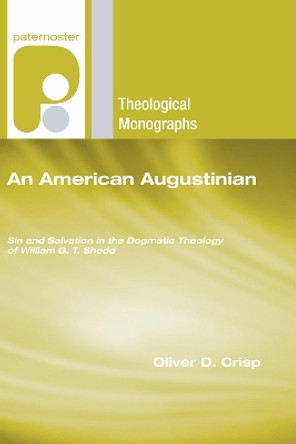The doctrine of the Incarnation lies at the heart of Christianity. But the idea that 'God was in Christ' has become a much-debated topic in modern theology. Oliver Crisp addresses six key issues in the Incarnation defending a robust version of the doctrine, in keeping with classical Christology. He explores perichoresis, or interpenetration, with reference to both the Incarnation and Trinity. Over two chapters Crisp deals with the human nature of Christ and then provides an argument against the view, common amongst some contemporary theologians, that Christ had a fallen human nature. He considers the notion of divine kenosis or self-emptying, and discusses non-Incarnational Christology, focusing on the work of John Hick. This view denies Christ is God Incarnate, regarding him as primarily a moral exemplar to be imitated. Crisp rejects this alternative account of the nature of Christology.
Oliver Crisp addresses the doctrine of Incarnation, a much-debated topic in modern Christian theology.About the AuthorOliver D. Crisp is Lecturer in Theology at the University of Bristol. He is author of Jonathan Edwards and the Metaphysics of Sin (2005).
Reviews'Crisp provides a helpful field-guide to 20th-century Christological experiments.' Church Times
'I can highly recommend this study. It does not give clear-cut answers to many questions, but its great merit is that it questions many too easy solutions.' Journal of Reformed Theology
Book InformationISBN 9780521873529
Author Oliver D. CrispFormat Hardback
Page Count 202
Imprint Cambridge University PressPublisher Cambridge University Press
Weight(grams) 410g
Dimensions(mm) 216mm * 140mm * 16mm









